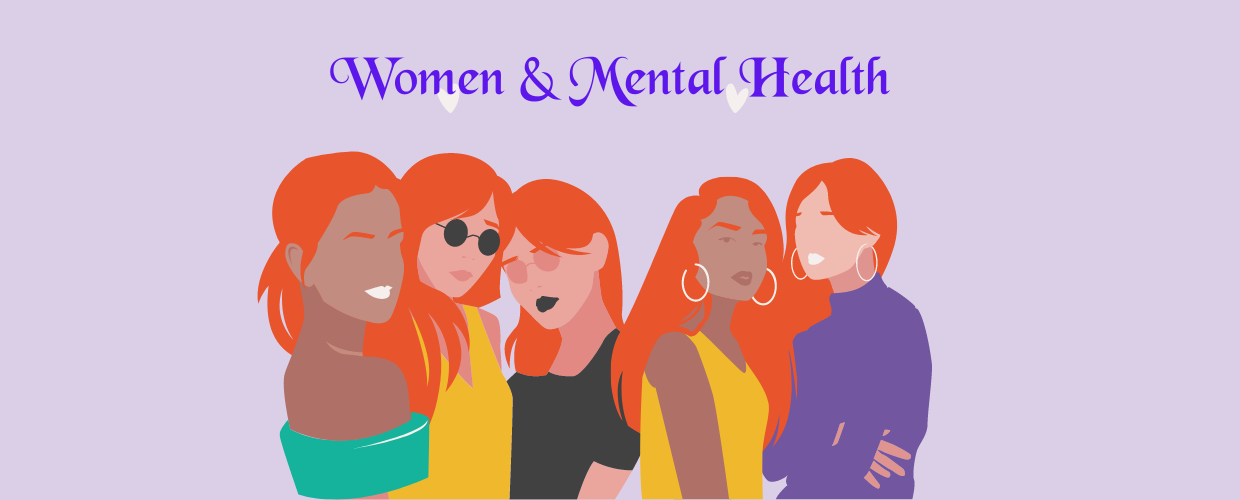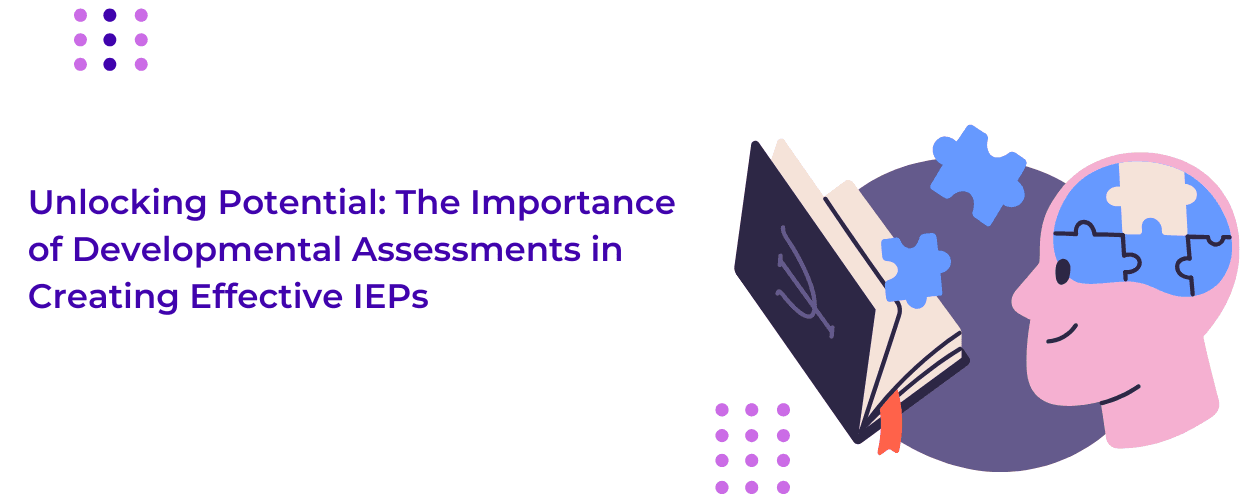It is said that women are the architects of modern society. The role of women has drastically changed over the centuries. Prehistorically, women were domestic dwellers, but now, a modern-day woman must manage work and home life of the entire family that is dependent on her. Even then, there continues to be a disparity in their social and economic standing.
This year, the theme of International Women’s Day is ‘Invest in Women – Accelerate Progress’. It aims to focus on recognising women’s social, cultural, political, and economic equality. Let us use this occasion to discuss about an often less highlighted topic – ‘Women’s Mental Health’
WHY SHOULD WE TALK ABOUT THIS?
Gender is a critical variable when discussing mental health. Men and Women are different, not only in their physical attributes, but also in their psychological and genetic makeup. The female life cycle itself has multiple stages which can act as stressors – peer pressure, hormonal changes, career, marriage, child birth, infertility, and menopause. Moreover, the life stressors, and related distress which an average woman encounters – abuse, discrimination, deprivation, hunger – are all factors which can affect mental health. There is known to be a disproportionately higher risk of mental illnesses in women. One in five women suffers from a mental health condition.
COMMON HEALTH ISSUES
- Early Childhood: difficulty adjusting to school, attention problems, hyperactivity, school refusal, separation anxiety, wetting the bed, sleep disturbances and nightmares, learning difficulties
- Adolescence: anxiety, mood swings, self-harm thoughts and attempts, eating disorders, abuse, PTSD
- Adulthood: Depression (known to be twice as common), body-focused symptoms like pain, PMS and premenstrual dysphoric disorder, substance use problems, Bipolar disorder, self-harm/suicide, abuse, PTSD
- Perinatal: Anxiety, Post-Partum Blues, Post-Partum Depression and Psychosis, worsening of existing conditions
- Elderly: body-focused symptoms, menopause-related hot flashes and mood swings, dementia
WHAT NEEDS TO BE DONE
- Watch for early signs : reduced interaction, not able to do routine tasks, behavioural changes, sleep and appetite disturbance, disruption of social role
- Take care of them : sharing workload, support from family members and friends, quality personal time for mental and physical health care, adequate peripartum care, menstrual hygiene
- Stop the stigma: educate girl children, stop the discrimination and abuse, equal work opportunities, voice out and help those in need
- Get Help: Reach out to your psychiatrist or psychologist for appropriate management and care
CONCLUSION:
Collaborative efforts at the social and legal levels can contribute significantly to making a difference in the mental health of women worldwide. Let us take care of those who take care of us!






